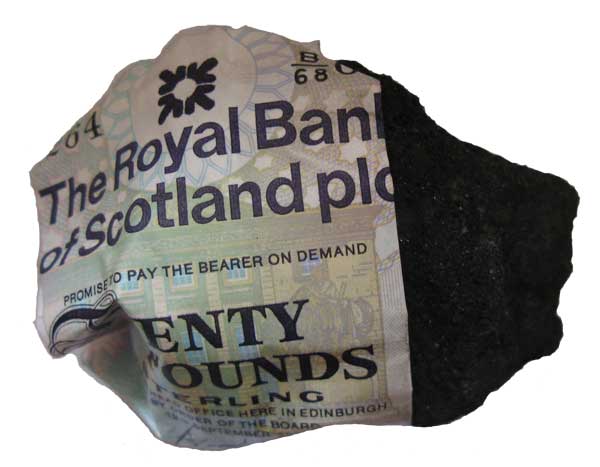Search
275 RESULTS
-
BP and Shell: Rising Risks in Tar Sands Investment
This report details the range of existing and emerging risks that BP and Shell face from their expansion of production in the Canadian Tar Sands. We believe these risks are significant for BP and Shell shareholders and that investors should question the companies more deeply on their tar sands strategies, and call for greater transparency…
-
Life in the Landscape of Hydrocarbons – Exit Strategy III
By James Marriott – This article was first published in Platform’s Carbon Web newsletter, issue 10. How was it that the marshes of Hoo St Werburgh – so good for grazing cattle and sheep, so rich in birdlife – were turned into a site for Kingsnorth Power Station – with its chimneys and access roads,…
-
Preventing an industrial tipping point
This article was first published in Platform’s Carbon Web newsletter, issue 10. BP, Shell & the Canadian tar sands Under the pristine boreal forest in Northern Alberta lie the Canadian tar sands, a vast carbon time bomb that if ignited will dramatically increase the chance of passing a climate change tipping point. While a rational…
-
Cashing in on Coal – RBS, UK Banks and the Global Coal Industry
From concerns over air pollution and acid rain, to the recent rising awareness of carbon emissions and climate change, coal has been recognised as the dirtiest and most inefficient fossil fuel option. Despite this, coal is experiencing a global boom, with corporations opening new mines and commissioning new power stations. High street banks are making…
-
Out of Sight, Out of Mind
This article was first published in Platform’s Carbon Web newsletter, issue 9. Is carbon capture and storage a safe climate mitigation option? As climate change increasingly becomes a defining political theme for the 21st Century, coal, oil and gas companies have not suffered the existential crisis that might have been expected. Instead, they are betting…
-
“Somewhere as Yet Undiscovered”: Thoughts on Power, Desk Killing and Resistance
Article by Dan Gretton in Vertigo: Volume 3, Issue 9; Summer 2008 ‘Reich Secret Business: Berlin, 5th June 1942 Modifications to special vehicles now in service at Kulmhof (Chelmno) and for those now being built Since December 1941, 97,000 have been processed by the 3 vehicles in service with no major incidents. However, in the…
-
Exit Strategy – BP and the Refuelling of Heathrow
This report was first published in Platform’s Carbon Web newsletter, issue 8. A climate change delivery system Imagine a 747 departing from Heathrow. Don’t look at the body of the plane, but at the fuel tanks. In the first 600 seconds after take-off the engines consume 200 gallons of Jet A high-octane fuel. The Jet…
-
The Oil & Gas Bank: RBS & the financing of climate change
The Royal Bank of Scotland is covering up involvement in carbon emissions greater than those of the whole country of Scotland. PLATFORM's report “The Oil & Gas Bank”reveals the extent to which RBS-NatWest is providing the financial fuel driving climate change. RBS is more "oil" than "royal", as the bank financing oil & gas extraction.…
-
A game as old as empire
Economic hit men (EHMs) are highly paid professionals who cheat countries around the globe out of trillions of dollars. They funnel money from the World Bank, the US Agency for International Development (USAID) and other foreign “aid” organizations into the coffers of huge corporations and the pockets of a few wealthy families who control the…
-
Iraq oil law in the balance
This article is from the Carbon Web Newsletter Issue 7, 30 May 2007 As Carbon Web goes to press, the Iraqi government’s end-of-May deadline for parliament to pass the controversial oil law is just days away. Like the US government’s 2006 deadline, this one looks set to be missed – again due to arguments over…


